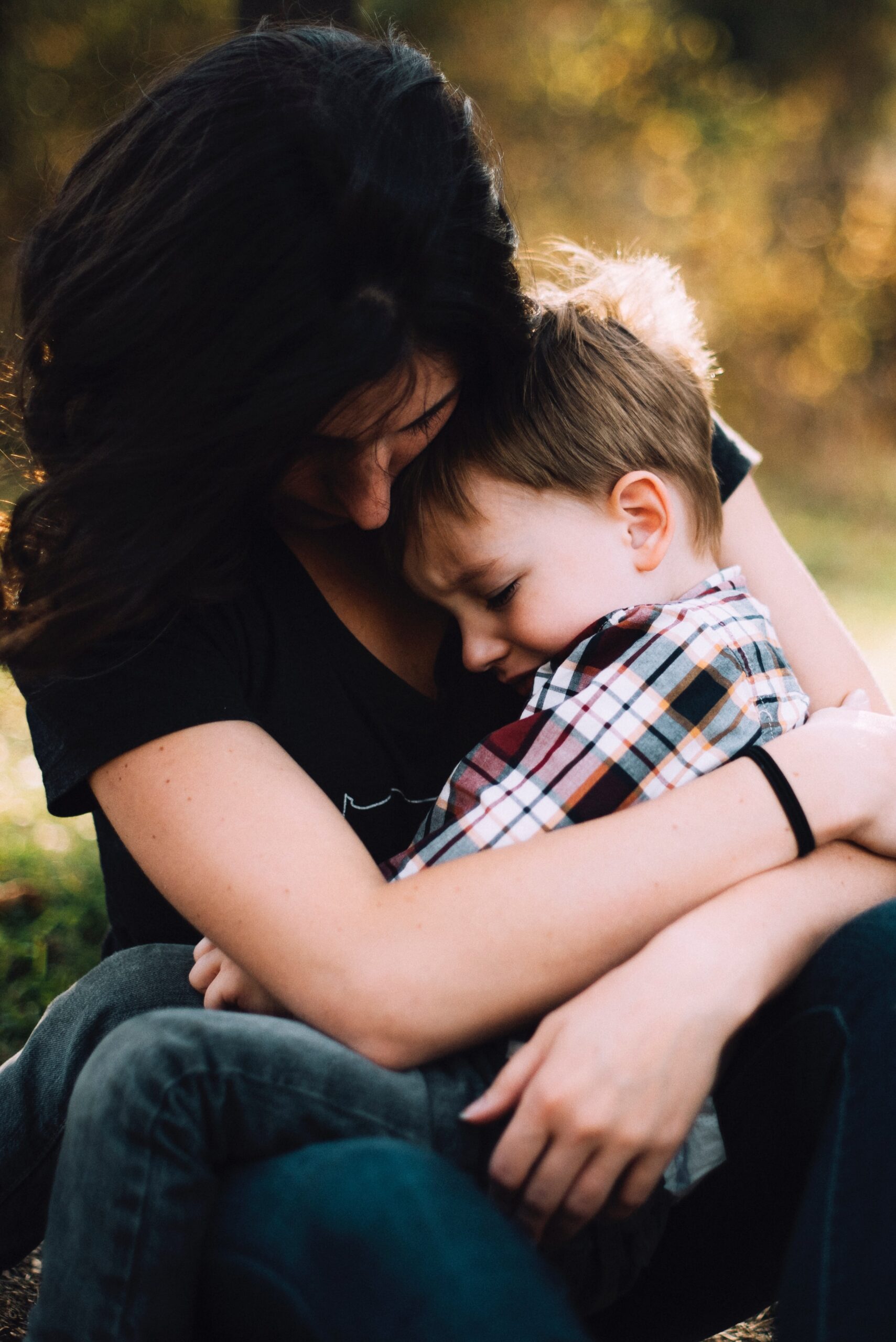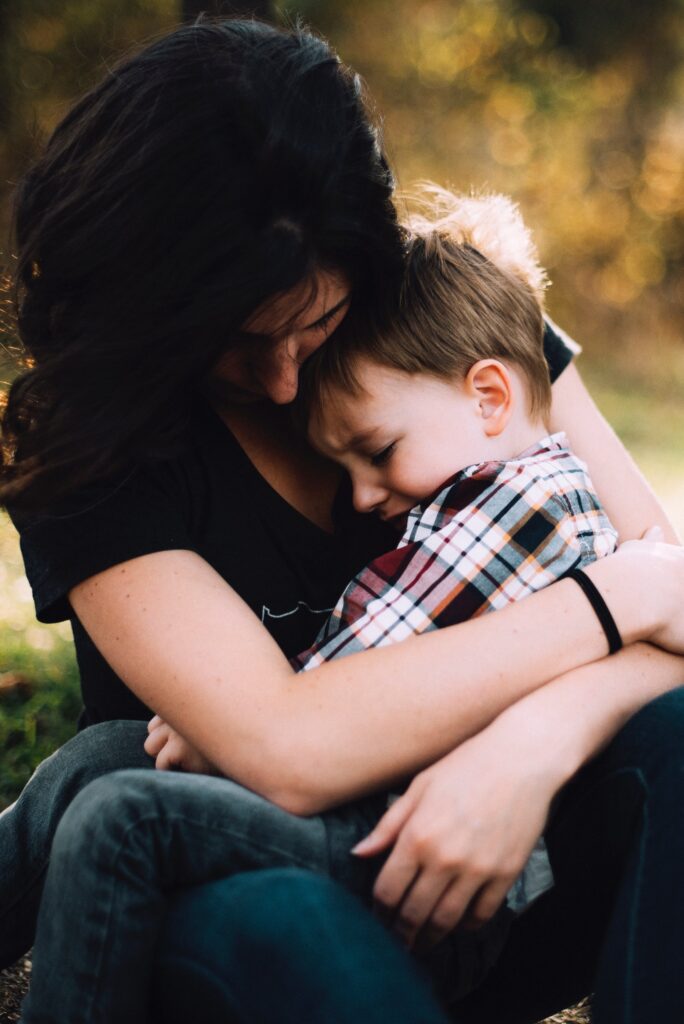

James Donaldson on Mental Health - How do I tell my 10-year-old about my mental health issues?
Writer: Heather Bernstein, PsyD
Clinical Expert: Heather Bernstein, PsyD
QHow do I tell my 10-year-old daughter about my own mental health issues? I have BPD and hear voices and am unsure how to explain why sometimes I am different.
I think one of the most important things for you to know is that this isn’t a one-time conversation, so you don’t have to say it all at once. You are opening a dialogue that will probably continue for the rest of your child’s life, so less is more. Take it slow and communicate that you aren’t afraid to talk about mental health.
In terms of what to say, being developmentally sensitive is important. A 10-year-old might not be able to understand what hearing voices means, for instance. You might start by focusing on how your mental health impacts your daily life. This is a good strategy because that’s what your child is probably going to care the most about. So you might say something like “I struggle with my mental health and what that means for me is I sometimes feel really big emotions and I have to manage those.” Or maybe it’s “I have a hard time with my relationships.” While you are talking, really pay attention to how your daughter is responding. You can use that as a measure for how much to share.
You can also talk about what you are doing in terms of treatment. Kids want to know that you are healthy and getting the services you need, because it makes them less fearful. So you might describe what you do — for example, “I work with doctors. One of the doctors I talk to about my emotions, one of the doctors talks to me about my medicine. I go every single week to make sure I’m taking care of myself.” Be clear that you are giving this information so they know you are being cared for, and it’s not their responsibility to take care of you.
#James Donaldson notes:
Welcome to the “next chapter” of my life… being a voice and an advocate for #mentalhealthawarenessandsuicideprevention, especially pertaining to our younger generation of students and student-athletes.
Getting men to speak up and reach out for help and assistance is one of my passions. Us men need to not suffer in silence or drown our sorrows in alcohol, hang out at bars and strip joints, or get involved with drug use.
Having gone through a recent bout of #depression and #suicidalthoughts myself, I realize now, that I can make a huge difference in the lives of so many by sharing my story, and by sharing various resources I come across as I work in this space. #http://bit.ly/JamesMentalHealthArticle
Find out more about the work I do on my 501c3 non-profit foundation
website www.yourgiftoflife.org Order your copy of James Donaldson's latest book,
#CelebratingYourGiftofLife: From The Verge of Suicide to a Life of Purpose and Joy

www.celebratingyourgiftoflife.com
Link for 40 Habits Signup
bit.ly/40HabitsofMentalHealth
If you'd like to follow and receive my daily blog in to your inbox, just click on it with Follow It. Here's the link https://follow.it/james-donaldson-s-standing-above-the-crowd-s-blog-a-view-from-above-on-things-that-make-the-world-go-round?action=followPub
If your child has questions that you feel confident in being able to answer, then answer those truthfully and in a developmentally appropriate way. If there are questions that you aren’t sure how to respond to, feel free to take a pause. That might be a good time to talk with your therapist to discuss the best way to discuss with your child. Because your therapist knows about your child and your relationship, they might also be able to provide good guidance about how to have this conversation, now or during future conversations.

https://standingabovethecrowd.com/james-donaldson-on-mental-health-how-do-i-tell-my-10-year-old-about-my-mental-health-issues/


No comments:
Post a Comment